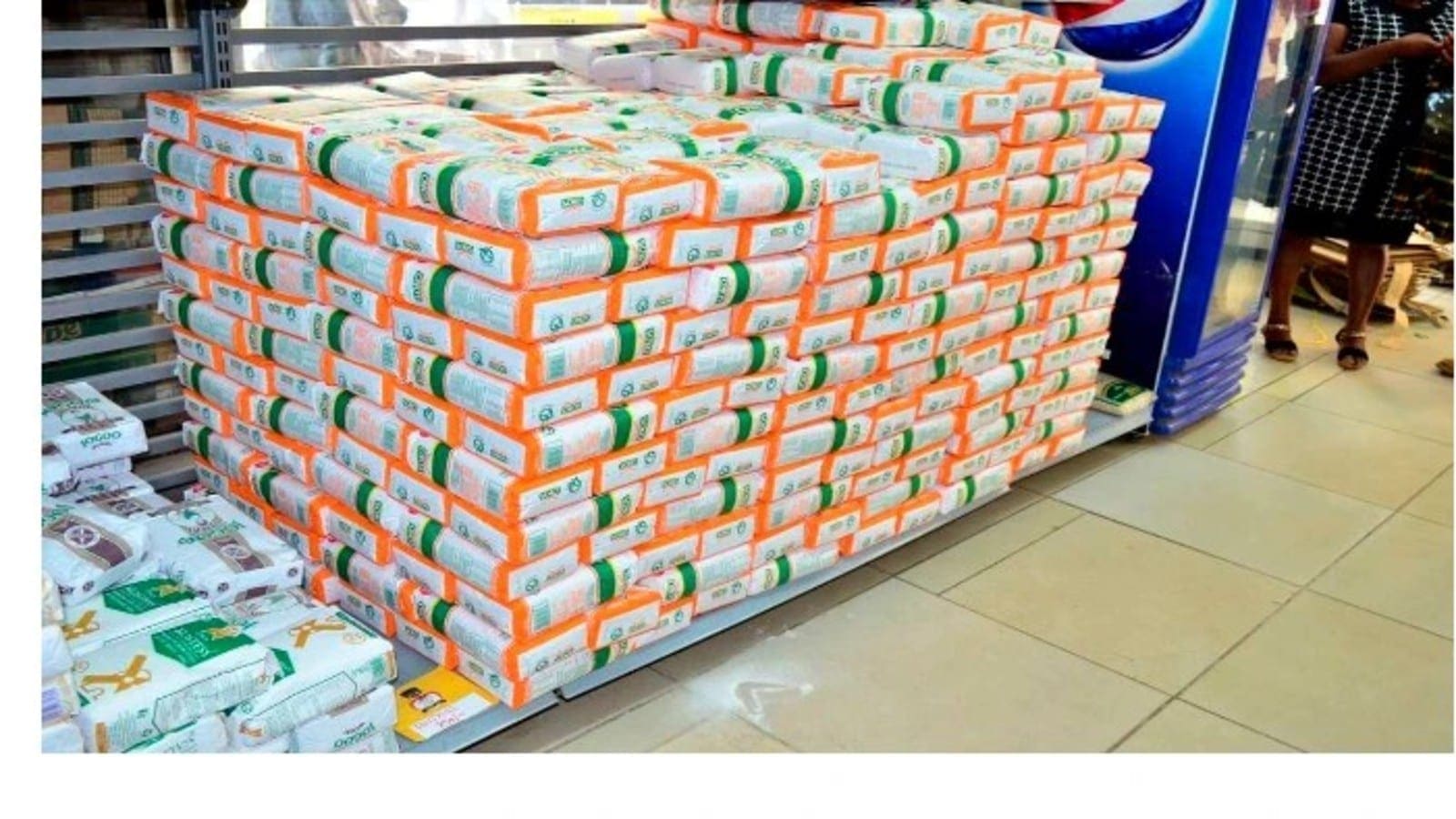KENYA – Capwell industries has been fined ksh600,000 ($5565.86) for misrepresenting the quality and ingredients of the brand to consumers by the competition Authority of Kenya (CAK).
This was after an investigation was carried out in their major retail stores on fortification and labelling claims millers made in the financial year ended June 2020.
CAK is a Kenyan authority which is increasingly vigilant in its enforcement of the Kenyan competition laws and control of restrictive trade practices with a view to ensure consumer protection in the most effective manner.
The miller, together with Pembe Flour Mills Ltd, was found to have contravened section 55(a)(i) of the Competition Act, which touches on breaches on “standard, quality, value, grade and composition” of the product.
CAK director-general Wango’mbe Kariuki said in a gazette notice that Capwell have committed to comply with the provisions of the Act and all applicable relevant consumer information standards with respect to labelling of the products.
Thika-based Capwell Industries which is the soko brand owner, opted to enter into a settlement agreement after a sector-wide investigation found it was not compliant with relevant “consumer information standards and labelling requirements”.
The chief executive of Capwell industries, Rajan Shah, defended his company claiming that they were labelling based on the 2010 nutritional table as opposed to the revised one of 2016.
“This was a labelling issue based on the 2010 nutritional table as opposed to the revised one of 2016.The composition of the product still met the nutritional requirements, “he stated.
It is yet to be clear how much fine has been slapped on Pembe Mills Ltd.
The competition watchdog disclosed in the annual report in May that the investigations that found that the majority of the manufacturers of maize flour had complied with labelling standards did not establish any consumer harm.
However, in a recent market investigation report on wheat flour manufacturers and related products, it discovered that several bread makers flouted labelling standards.
While some bakers printed the manufacturing and expiry dates illegibly on the seals, others failed to completely indicate them on the bread wrappers.
The exposure of the games that the flour industries have been playing on Kenyans will serve as a wake-up call to ensure key food industry players comply to the stipulated standards and regulations.








